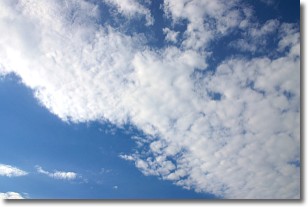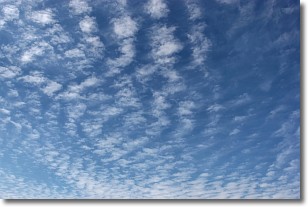Weather Alert in California
Special Weather Statement issued July 29 at 7:33PM PDT by NWS San Francisco CA
AREAS AFFECTED: San Francisco; Coastal North Bay Including Point Reyes National Seashore; North Bay Interior Valleys; San Francisco Bay Shoreline; San Francisco Peninsula Coast; Northern Monterey Bay; Southern Monterey Bay and Big Sur Coast
DESCRIPTION: ...TSUNAMI ADVISORY IS IN EFFECT FROM THE SONOMA COASTLINE DOWN THROUGH THE BIG SUR COASTLINE INCLUDING SF AND MONTEREY BAY... * UPDATES... There have been no significant changes since the last statement. * LOCAL IMPACTS... For people in the advisory area...A tsunami capable of producing strong currents that may be hazardous to swimmers, boats, and coastal structures is expected. Widespread inundation is NOT expected. However, damage at the harbors will be possible. Surging water in and out of harbors and changing water levels can cause boats and docks to detach from structures. * RECOMMENDED ACTIONS... If you are located in this coastal area, move off the beach and out of harbors and marinas. Do not go to the coast to watch the tsunami. Be alert to instructions from your local emergency officials. * FORECAST TSUNAMI START TIMES... Monterey California 1215 AM PDT on Jul 30 San Francisco California 1240 AM PDT on Jul 30 Tsunamis often arrive as a series of waves or surges which could be dangerous for many hours after the first wave arrival. The first tsunami wave or surge may not be the highest in the series. * FORECAST PEAK TSUNAMI WAVE HEIGHTS... Monterey California less than 1 ft San Francisco California less than 1 ft * PRELIMINARY EARTHQUAKE INFORMATION... An earthquake occurred with a preliminary magnitude of 8.8. This product will be updated as new information becomes available. Stay tuned to your local news source and NOAA weather radio for further information and updates.
INSTRUCTION: N/A
Want more detail? Get the Complete 7 Day and Night Detailed Forecast!
Current U.S. National Radar--Current
The Current National Weather Radar is shown below with a UTC Time (subtract 5 hours from UTC to get Eastern Time).

National Weather Forecast--Current
The Current National Weather Forecast and National Weather Map are shown below.

National Weather Forecast for Tomorrow
Tomorrow National Weather Forecast and Tomorrow National Weather Map are show below.

North America Water Vapor (Moisture)
This map shows recent moisture content over North America. Bright and colored areas show high moisture (ie, clouds); brown indicates very little moisture present; black indicates no moisture.

Weather Topic: What are Altocumulus Clouds?
Home - Education - Cloud Types - Altocumulus Clouds
 Next Topic: Altostratus Clouds
Next Topic: Altostratus Clouds
Similar to cirrocumulus clouds, altocumulus clouds are
characterized by cloud patches. They are distinguished by larger cloudlets
than cirrocumulus clouds but are still smaller than stratocumulus clouds.
Altocumulus clouds most commonly form in middle altitudes (between 2 and 5 km)
and may resemble, at times, the shape of a flying saucer.
These uncommon formations, called altocumulus lenticularis, are created by uplift
in the atmosphere and are most often seen in close proximity to mountains.
Next Topic: Altostratus Clouds
Weather Topic: What are Cirrocumulus Clouds?
Home - Education - Cloud Types - Cirrocumulus Clouds
 Next Topic: Cirrostratus Clouds
Next Topic: Cirrostratus Clouds
Cirrocumulus clouds form at high altitudes (usually around 5 km)
and have distinguishing characteristics displayed in a fine layer of
small cloud patches. These small cloud patches are sometimes referred to as
"cloudlets" in relation to the whole cloud formation.
Cirrocumulus clouds are formed from ice crystals and water droplets. Often, the
water droplets in the cloud freeze into ice crystals and the cloud becomes a
cirrostratus cloud. Because of this common occurrence, cirrocumulus cloud
formations generally pass rapidly.
Next Topic: Cirrostratus Clouds
Current conditions powered by WeatherAPI.com




